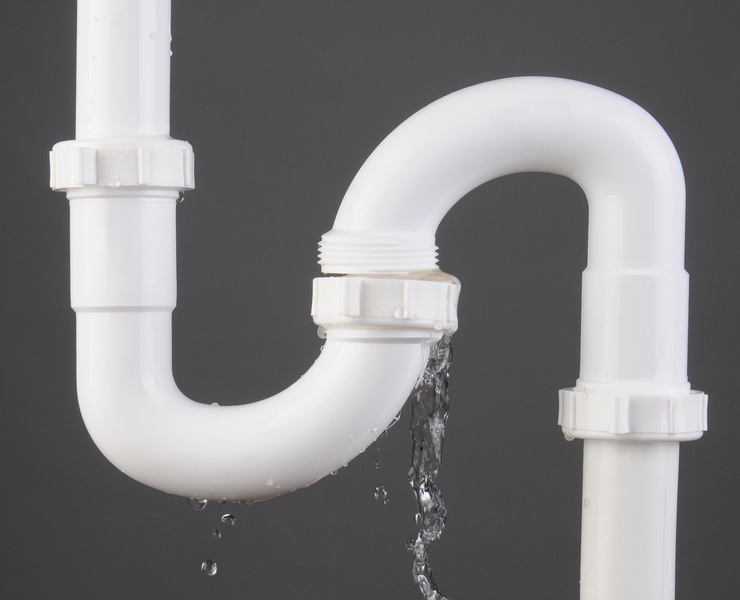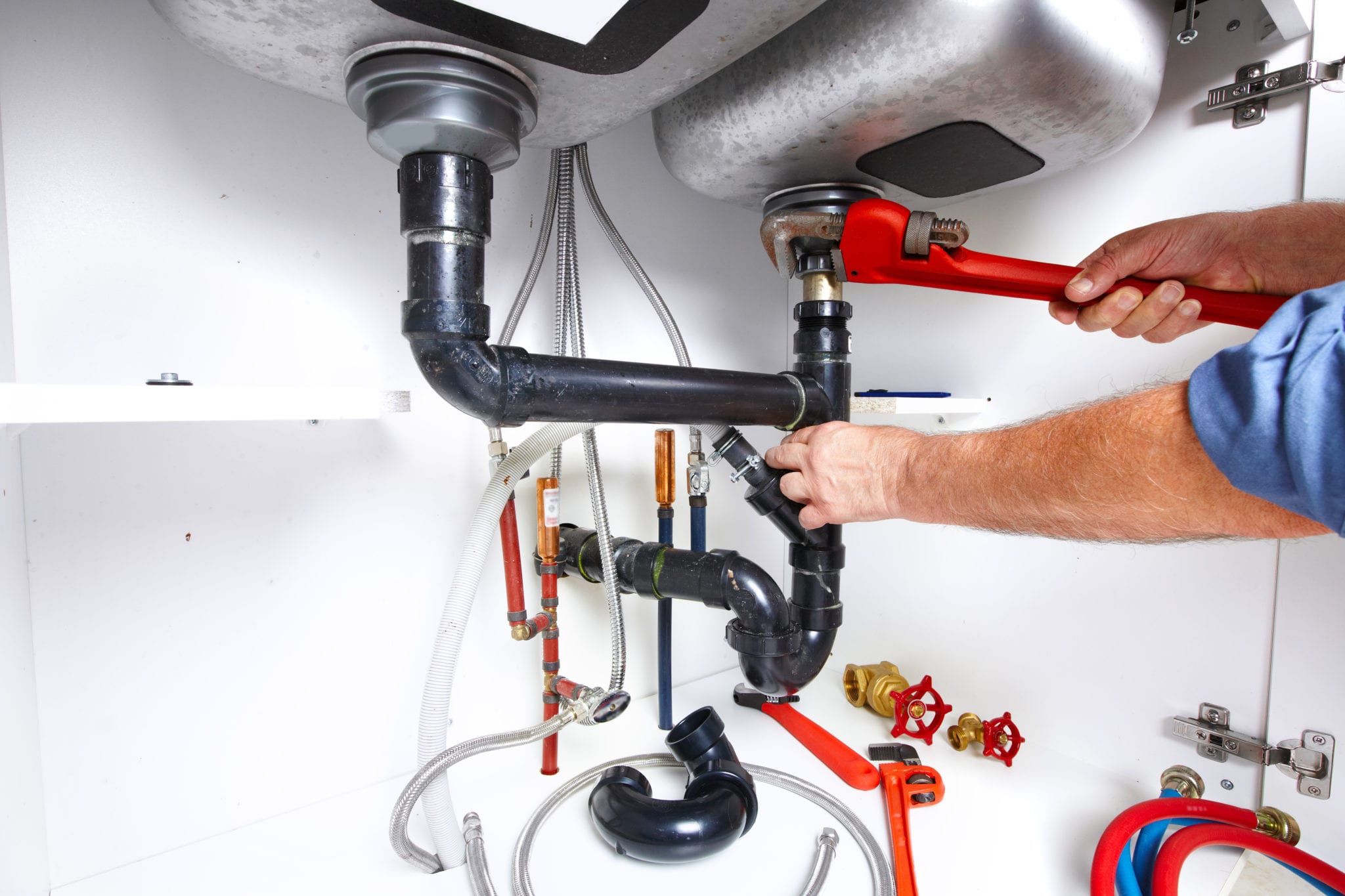6 Ways to Find Hidden Water Leaks in Your House
6 Ways to Find Hidden Water Leaks in Your House
Blog Article
On this page down the page you can locate lots of sound information pertaining to Detecting hidden plumbing leaks.

Early detection of dripping water lines can reduce a possible catastrophe. Some little water leaks may not be noticeable.
1. Examine the Water Meter
Every home has a water meter. Examining it is a proven way that aids you uncover leakages. For starters, turn off all the water sources. Guarantee nobody will certainly flush, use the faucet, shower, run the cleaning device or dish washer. From there, go to the meter and also watch if it will alter. Because no person is using it, there must be no activities. If it moves, that shows a fast-moving leakage. If you find no modifications, wait an hour or 2 as well as check back once more. This implies you might have a sluggish leak that might even be below ground.
2. Check Water Intake
Assess your water bills as well as track your water usage. As the one paying it, you ought to notice if there are any kind of discrepancies. If you spot sudden changes, regardless of your consumption being the same, it means that you have leakages in your plumbing system. Keep in mind, your water bill ought to drop under the exact same variety on a monthly basis. An abrupt spike in your costs shows a fast-moving leakage.
A consistent increase every month, also with the same routines, shows you have a slow-moving leak that's likewise gradually escalating. Call a plumber to extensively check your residential or commercial property, specifically if you feel a warm area on your flooring with piping below.
3. Do a Food Coloring Test
30% comes from toilets when it comes to water consumption. Test to see if they are running correctly. Decrease flecks of food shade in the container and also wait 10 mins. If the shade somehow infiltrates your bowl throughout that time without flushing, there's a leakage in between the container and also dish.
4. Asses Outside Lines
Don't fail to remember to inspect your exterior water lines also. Must water leak out of the connection, you have a loose rubber gasket. One tiny leak can throw away tons of water and increase your water costs.
5. Evaluate the circumstance and check
Property owners should make it a routine to examine under the sink counters and also inside closets for any bad odor or mold development. These 2 warnings show a leak so prompt interest is needed. Doing regular inspections, even bi-annually, can save you from a major issue.
Check for stainings and damaging as many home appliances and pipelines have a life span. If you believe dripping water lines in your plumbing system, don't wait for it to escalate.
Early detection of leaking water lines can mitigate a prospective catastrophe. Some small water leakages may not be noticeable. Checking it is a guaranteed way that assists you uncover leakages. One small leak can throw away bunches of water and surge your water expense.
If you presume dripping water lines in your plumbing system, do not wait for it to escalate.
WARNING SIGNS OF WATER LEAKAGE BEHIND THE WALL
PERSISTENT MUSTY ODORS
As water slowly drips from a leaky pipe inside the wall, flooring and sheetrock stay damp and develop an odor similar to wet cardboard. It generates a musty smell that can help you find hidden leaks.
MOLD IN UNUSUAL AREAS
Mold usually grows in wet areas like kitchens, baths and laundry rooms. If you spot the stuff on walls or baseboards in other rooms of the house, it’s a good indicator of undetected water leaks.
STAINS THAT GROW
When mold thrives around a leaky pipe, it sometimes takes hold on the inside surface of the affected wall. A growing stain on otherwise clean sheetrock is often your sign of a hidden plumbing problem.
PEELING OR BUBBLING WALLPAPER / PAINT
This clue is easy to miss in rooms that don’t get much use. When you see wallpaper separating along seams or paint bubbling or flaking off the wall, blame sheetrock that stays wet because of an undetected leak.
BUCKLED CEILINGS AND STAINED FLOORS
If ceilings or floors in bathrooms, kitchens or laundry areas develop structural problems, don’t rule out constant damp inside the walls. Wet sheetrock can affect adjacent framing, flooring and ceilings.
https://www.servicemasterbyzaba.com/blog/how-to-detect-water-leakage-in-walls/

I stumbled upon that page about Leaking water lines when perusing the web. Sharing is nice. Helping people is fun. Kudos for your time. Please check up our website back soon.
Report this page